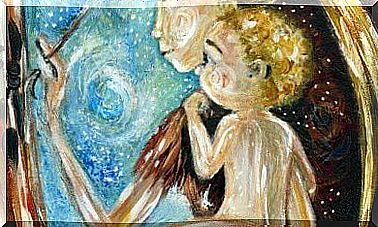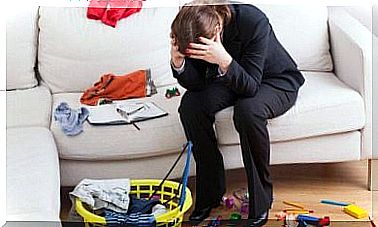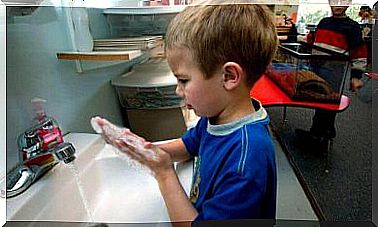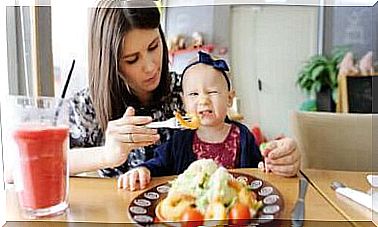When Does Your Child Create Their First Memories In Episodic Memory?
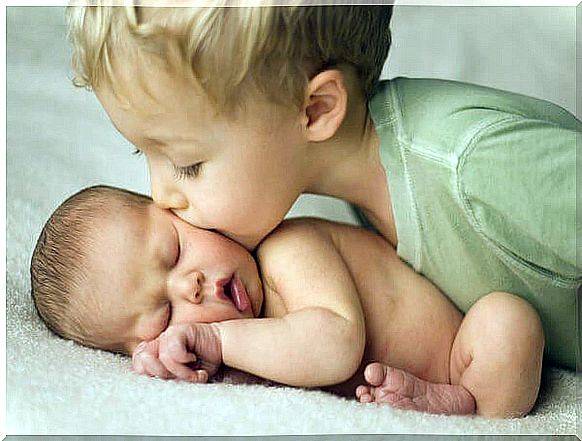
When does your child create their first memories?
You may be wondering: when does your child create their first memories? Our first memories come from an average of 3 years and 4 months. One of the reasons for this is that our brains are not sufficiently developed beforehand.
Some people claim that they have very fuzzy memories from early childhood. Some even think that they still have images in their heads of themselves in the cradle. But experts are skeptical about this. These “memories” may feel like hazy experiences, but they may just be based on stories mothers told them about their childhood.
According to science, this figurative image transforms into what appears to be a fuzzy memory. So in most cases, these aren’t really real memories.
We know this because episodic memory takes 3 years to form. This is where autobiographical events are stored. It contains data on special moments, places, associated emotions and other details that truly enrich our collection.
Your baby’s memories are created through a complex process
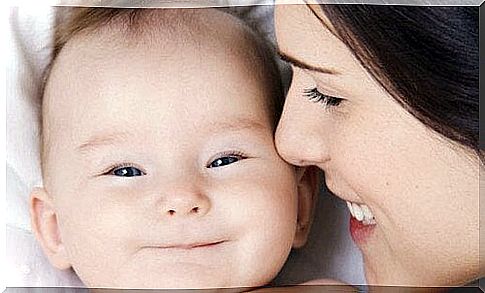
In the first three years of life, a child’s brain develops very quickly. It creates an incredible amount of new connections. Researchers have even proven that a one-year-old’s brain has more connections than any other age.
But the brain will change over time. According to Westminster University scientist Catherine Loveday, our brains need to “cut back”. This means that breaking some connections is a necessary process for the brain to function properly. This process is comparable to pruning a tree. As a result, babies lose their very early memories.
When does your child create their first memories?
Some theories suggest that language development greatly promotes memory creation. “We remember what was named.”
Recently published studies also linked this to children’s memory. Researchers add that episodic memory cannot form memories of things in which concepts appear that a child cannot yet grasp.
Memories and the malleability of the brain
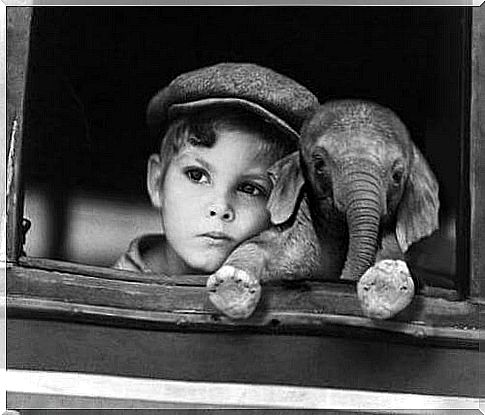
We don’t know exactly why some memories are simply deleted. Some scientists believe that young children’s brains are still very malleable and constantly changing.
Ordered language is a prerequisite for the ability to store memories. In order to store this clearly, children need the ability to form a narrative structure. You have to be able to describe your experiences in order to save them conclusively.
Children should also be able to interpret what they have experienced. This happens when we look at an incident again and understand what happened. At this age, your child can already distinguish between ordinary, everyday and extraordinary occurrences.
You can help your child consolidate their memories
You already know that memory must have a certain degree of maturity in order to hold information. But there are techniques you can use to help your baby create memories.
Since memories are almost always related to feelings, there are a number of experiences you can offer your baby. To remember, children have to explore, touch, feel … In other words, they have to experience things. Just telling you something is not enough.
Stimulating your child’s senses is another way to make moments more intense. So if you tell your child about something, you can show them pictures or videos about it. You can also include smells and tastes.
When does your child create their first memories? You can help him!
Pictures are the best way to stimulate your child. It is much easier for them to remember something when pictures are shown in the narration.
Discussing what has been experienced is also helpful. Conversations not only help children cement their memories, but also help them express emotions.
A conversation is a good way to explain to your child that different feelings are normal. You can talk to your child about sadness, fear, pain, etc. By doing this, you will help him create memories in a positive way.



